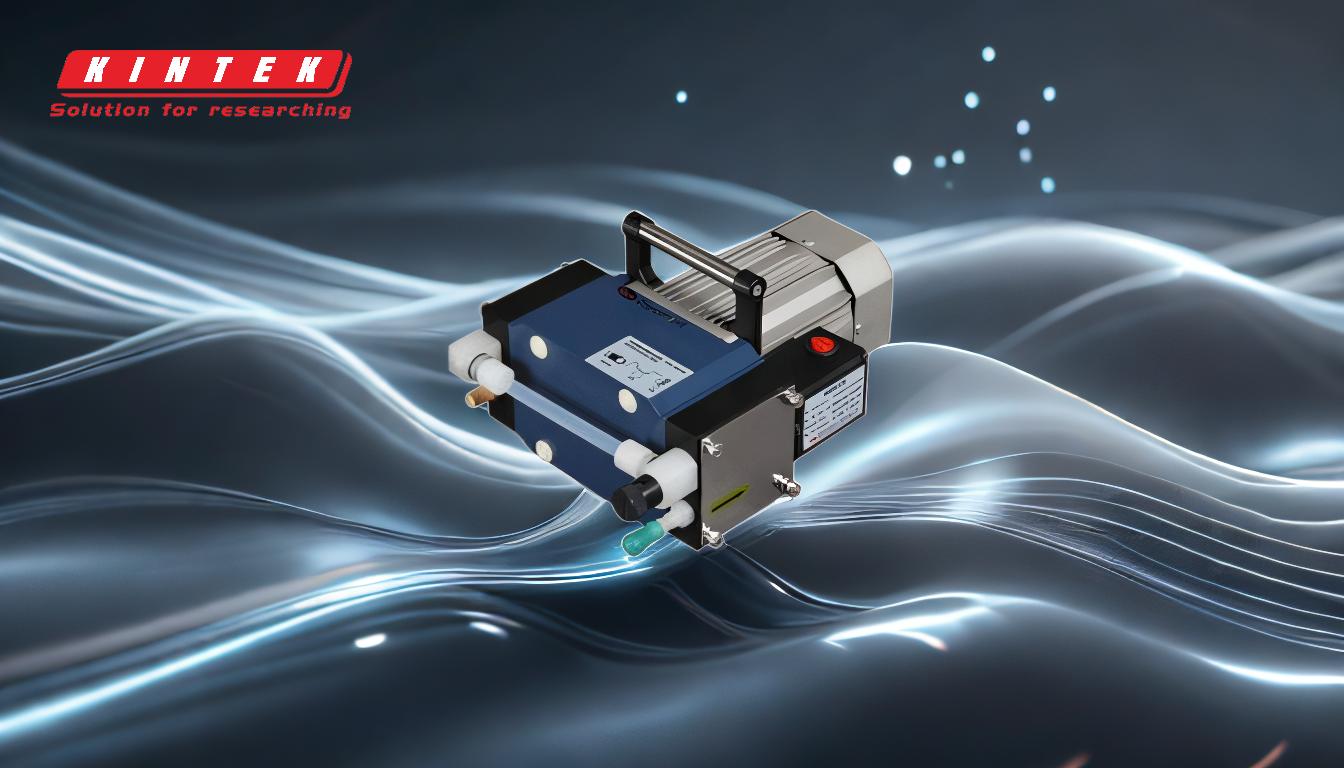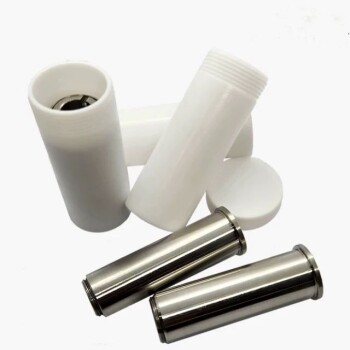Oil diffusion pumps, while effective for creating high vacuums, come with several disadvantages that can impact their usability, safety, and maintenance requirements. These include risks associated with high operating temperatures, potential explosive reactions with hydrocarbon-based oils, contamination risks, and the need for careful handling and maintenance. Additionally, oil diffusion pumps may leave residual oil molecules in the vacuum chamber, which can be problematic for sensitive applications. The use of silicone-based oils can mitigate some risks, but the overall complexity and operational challenges remain significant.
Key Points Explained:

-
High Operating Temperatures and Safety Risks:
- Oil diffusion pumps operate at high temperatures, often reaching up to 240ºC (464ºF). This high heat can pose safety risks, especially when using hydrocarbon-based oils, which can produce vapors that react explosively with air.
- The risk of explosion is particularly high if the fill port is opened while the pump is operating. This necessitates strict operational protocols to ensure safety.
-
Explosive Potential with Hydrocarbon-Based Oils:
- Hydrocarbon-based oils are prone to breaking down into lighter fractions, which can escape the pump and pose a significant explosion hazard, especially in environments with ignition sources.
- Silicone-based oils are a safer alternative as they eliminate the explosive risk, but they may not be suitable for all applications.
-
Contamination Risks:
- Despite their efficiency, oil diffusion pumps can leave residual oil molecules in the vacuum chamber. This contamination can be detrimental in applications requiring ultra-clean environments, such as in semiconductor manufacturing or certain scientific research.
-
Maintenance and Handling Challenges:
- Oil diffusion pumps require careful handling and regular maintenance to ensure safe and efficient operation. This includes monitoring oil levels, ensuring proper sealing, and adhering to safety protocols to prevent accidents.
- The need for regular maintenance can increase operational costs and downtime.
-
Environmental and Disposal Concerns:
- The use of oil in diffusion pumps raises environmental concerns, particularly regarding the disposal of used oil. Toxic oil waste must be disposed of properly, which can be costly and complex.
- The environmental impact of oil disposal is a significant drawback, especially in industries striving for greener practices.
-
Operational Complexity:
- The operational principles of oil diffusion pumps, which involve heating and evaporating oil to create a high vacuum, add a layer of complexity compared to other types of vacuum pumps.
- This complexity can lead to higher initial setup costs and a steeper learning curve for operators.
-
Comparison with Dry Pumps:
- Dry pumps, which do not use oil, are increasingly preferred in many applications due to their advantages such as zero oil contamination, low noise, long service intervals, and elimination of oil replacement and disposal costs.
- The shift towards dry pumps highlights the disadvantages of oil diffusion pumps, particularly in terms of contamination and maintenance requirements.
In summary, while oil diffusion pumps are effective for achieving high vacuums, their disadvantages include safety risks, contamination potential, high maintenance requirements, and environmental concerns. These factors make them less favorable compared to alternative technologies like dry pumps, especially in applications where cleanliness, safety, and ease of maintenance are critical.
Summary Table:
| Disadvantage | Description |
|---|---|
| High Operating Temperatures | Poses safety risks, especially with hydrocarbon-based oils. |
| Explosive Potential | Hydrocarbon oils can react explosively; silicone oils are safer but limited. |
| Contamination Risks | Residual oil molecules can contaminate sensitive environments. |
| Maintenance Challenges | Requires careful handling and regular maintenance, increasing costs. |
| Environmental Concerns | Disposal of toxic oil waste is costly and environmentally harmful. |
| Operational Complexity | Higher setup costs and a steeper learning curve for operators. |
| Comparison with Dry Pumps | Dry pumps offer advantages like zero contamination and lower maintenance. |
Looking for a safer and more efficient vacuum solution? Contact us today to explore alternatives!




